Romania Votes: Key Election Runoff Between Opposing Ideologies
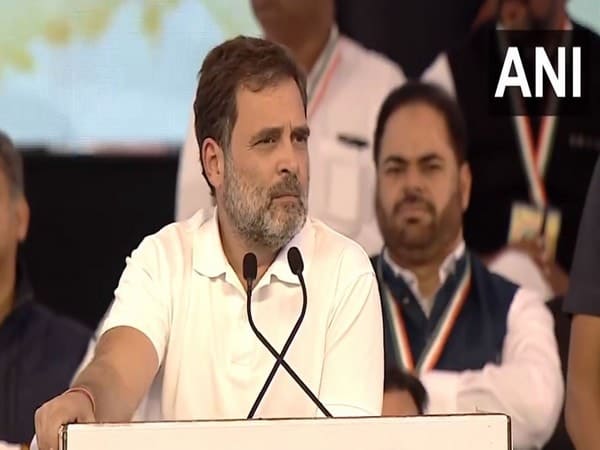
Table of Contents
Klaus Iohannis: The Incumbent's Platform and Strengths
Klaus Iohannis, the incumbent president, is seeking re-election on a platform built on his past performance and a vision for Romania's continued development.
Economic Policies: A Focus on Stability and Growth
Iohannis' economic policies emphasize fiscal responsibility, attracting foreign investment, and strengthening Romania's position within the European Union.
- Specific economic proposals: He advocates for continued investment in infrastructure projects, tax reforms to stimulate growth, and measures to reduce the budget deficit. His administration points to a reduction in unemployment and a stable currency as successes under his tenure.
- Past economic performance: While Romania has seen economic growth under Iohannis, challenges remain, including regional disparities and the need for further diversification of the economy.
- Support from business sectors: Many business groups support Iohannis, highlighting his commitment to attracting foreign investment and maintaining a stable business environment. This support is reflected in increased foreign direct investment in Romania in recent years. Keywords: Romanian economy, fiscal policy Romania, foreign investment Romania, EU funds Romania.
Foreign Policy Stance: A Committed Pro-Western Approach
Iohannis has consistently championed strong alliances within the EU and NATO, advocating for a firmly pro-Western foreign policy.
- Specific foreign policy positions: He has emphasized Romania's role in European security and its commitment to the transatlantic alliance. He’s actively promoted stronger ties with key EU and NATO partners.
- Relations with neighboring countries: Iohannis has worked on strengthening relationships with neighboring countries while maintaining a clear stance on territorial integrity and regional stability.
- NATO and EU membership: His administration has actively championed Romania's full participation in both organizations, viewing them as essential for the country's security and prosperity. Keywords: Romania NATO, Romania EU, Romanian foreign policy, transatlantic relations Romania.
Social Issues: A More Conservative Approach
On social issues, Iohannis generally maintains a more conservative stance.
- Specific positions on key social issues: His views on topics such as family values and religious freedom tend to be aligned with more traditional perspectives.
- Public opinion on these stances: Public opinion on these stances is divided, with support varying among different demographic groups. Keywords: Social issues Romania, conservative politics Romania, public opinion Romania.
Marcel Ciolacu: The Challenger's Vision and Challenges
Marcel Ciolacu, the challenger, presents a distinct alternative vision for Romania, emphasizing social justice and economic redistribution.
Socio-Economic Agenda: Prioritizing Social Programs and Domestic Industries
Ciolacu's platform focuses heavily on implementing robust social programs, addressing economic inequality, and supporting Romanian businesses.
- Specific social programs proposed: His proposals include increased funding for healthcare, education, and social welfare programs, aiming to reduce poverty and inequality.
- Plans to support domestic industries: He advocates for policies that protect and stimulate growth in domestic industries, reducing reliance on imports.
- Potential impact on the economy: While aiming for a fairer distribution of wealth, the long-term impact of his economic plans on overall economic growth is a subject of debate among economists. Keywords: Social programs Romania, economic inequality Romania, domestic industry Romania.
Foreign Policy Approach: A More Balanced Global Engagement
Ciolacu suggests a more nuanced approach to foreign policy, seeking to balance relationships with various global powers beyond traditional alliances.
- Details on Ciolacu's foreign policy vision: While still committed to EU and NATO membership, he suggests a more diverse range of international partnerships.
- Potential shifts in alliances: This approach could potentially lead to shifts in Romania's foreign policy priorities and alliances. Keywords: Romania foreign relations, global partnerships Romania.
Challenges and Criticisms: Overcoming Past Performance Concerns
Ciolacu faces challenges related to public perception of his past political performance and concerns about the feasibility of his ambitious plans.
- Specific criticisms faced by Ciolacu: Critics point to past controversies and question the practicality of some of his proposed social programs.
- Public perception of his leadership: Public perception of his leadership varies across different segments of the population. Keywords: political challenges Romania, public perception Romania.
Key Issues Shaping the Election
Several critical issues dominate the debate shaping the Romanian election.
The Economy: Growth, Inflation, and Unemployment
The state of the Romanian economy – including growth rates, inflation, and unemployment – is a central concern for voters.
- Comparison of economic policies: Both candidates offer distinct approaches to managing the economy, with differing priorities and potential consequences.
- Impact on different demographics: The impact of each candidate's economic policies will likely vary across different segments of the population. Keywords: Romanian economic growth, inflation Romania, unemployment Romania.
EU and NATO Membership: Romania's Place in the World
Romania's continued engagement within the European Union and NATO is a crucial aspect of the election.
- Comparison of views on EU and NATO: Both candidates express support for EU and NATO membership but differ on the specific approach to these partnerships.
- Impact on national security and international relations: The chosen approach will significantly shape Romania's national security and its relations with other countries. Keywords: Romania EU membership, Romania NATO membership.
Corruption and Reform: Tackling a Persistent Problem
Corruption remains a significant concern for many Romanians, and both candidates address it in their platforms.
- Anti-corruption measures proposed by both candidates: Both candidates propose measures to combat corruption, but their approaches and commitments differ.
- Public opinion on corruption: Public trust in political institutions remains low, impacting voter choices. Keywords: corruption Romania, anti-corruption measures Romania.
Conclusion
The Romanian election runoff is a crucial juncture for the country's future trajectory. The choice between Klaus Iohannis and Marcel Ciolacu represents a fundamental divergence in political ideologies and policy priorities. Understanding the candidates' platforms and the key issues at stake—from the Romanian economy to foreign relations—is essential for informed participation in the democratic process. Make your voice heard – participate in the Romania Votes and shape the future of Romania. Your vote in this Romanian election runoff will determine the course of Romanian politics for years to come.

Featured Posts
-
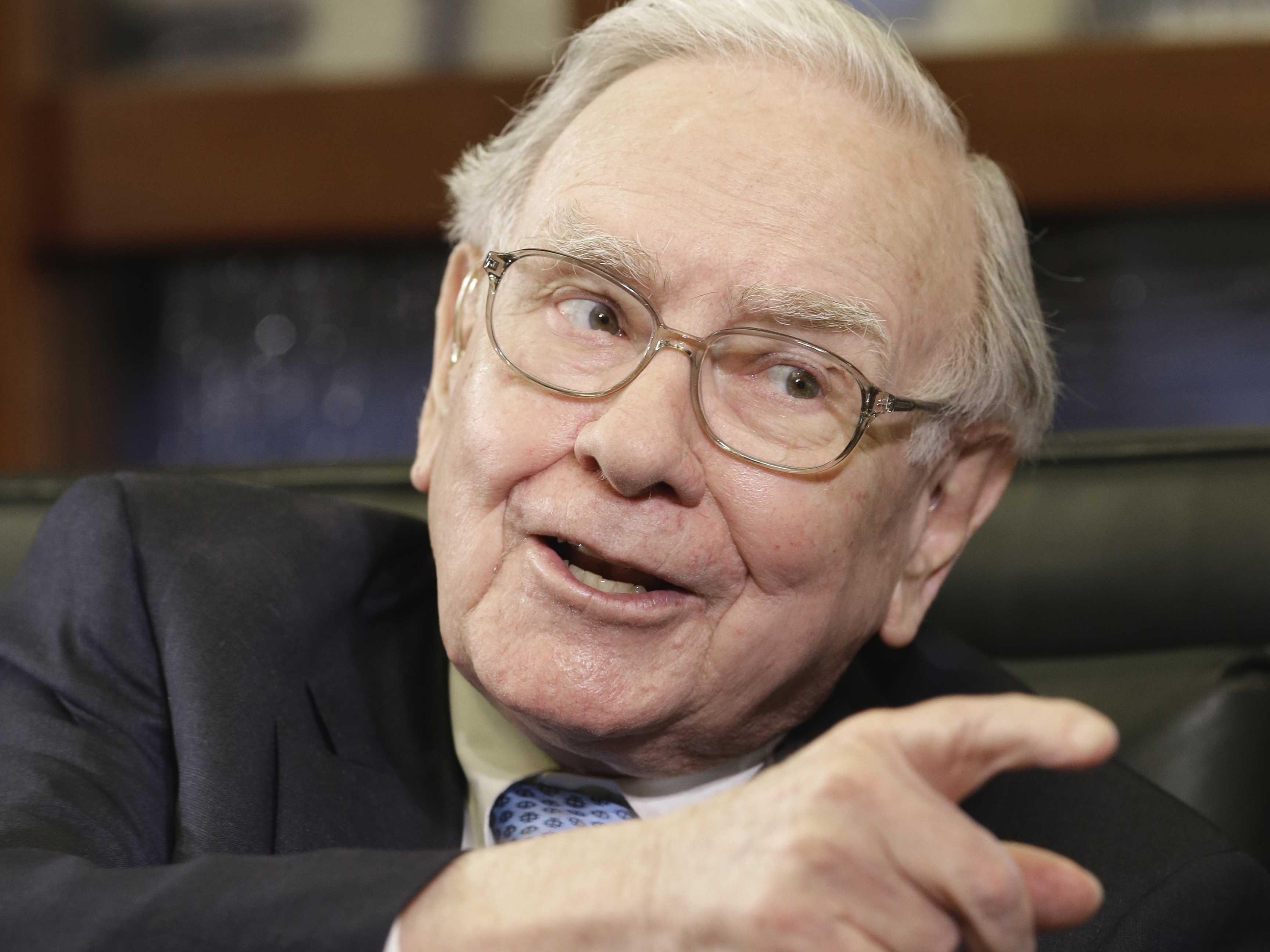 Warren Buffett And Apple Deconstructing A Successful Investment Strategy
May 06, 2025
Warren Buffett And Apple Deconstructing A Successful Investment Strategy
May 06, 2025 -
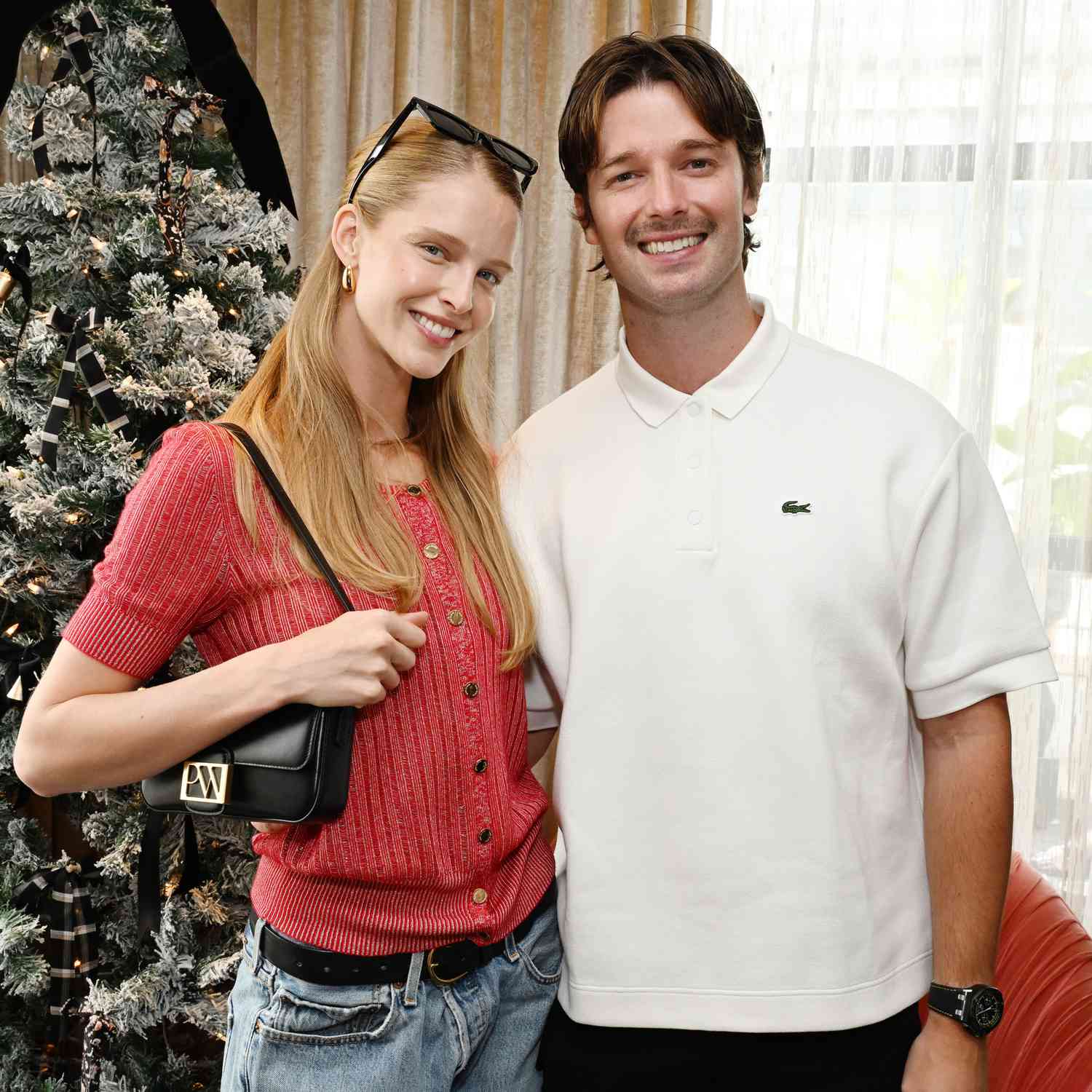 Patrick Schwarzeneggers Classic Bronco Effortless Cool In La
May 06, 2025
Patrick Schwarzeneggers Classic Bronco Effortless Cool In La
May 06, 2025 -
 Sensatsiyniy Vikhid Rianni Shiroki Dzhinsi Ta Bliskuchi Prikrasi
May 06, 2025
Sensatsiyniy Vikhid Rianni Shiroki Dzhinsi Ta Bliskuchi Prikrasi
May 06, 2025 -
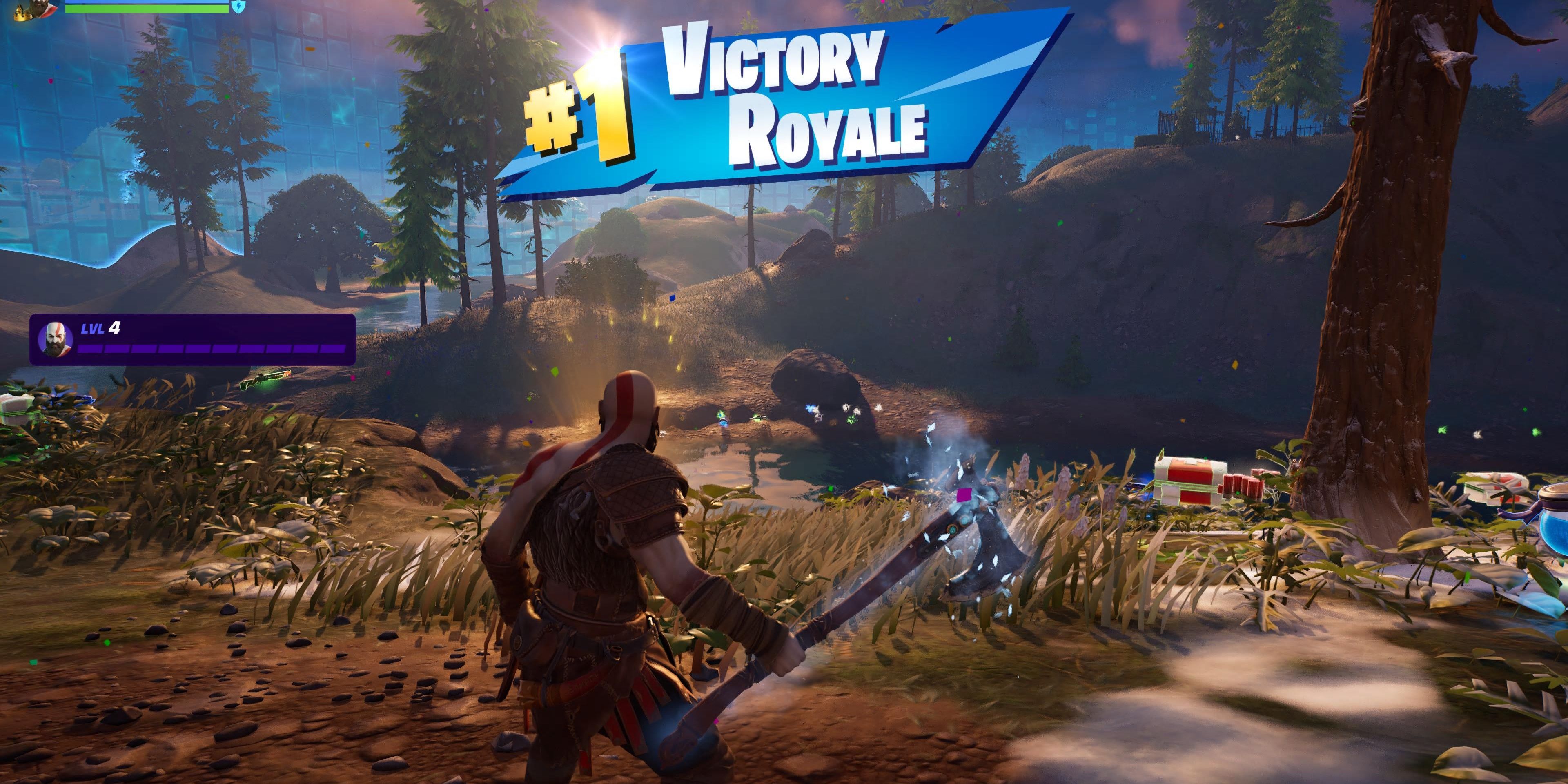 Fortnite The Ultimate Guide To Victory Royale
May 06, 2025
Fortnite The Ultimate Guide To Victory Royale
May 06, 2025 -
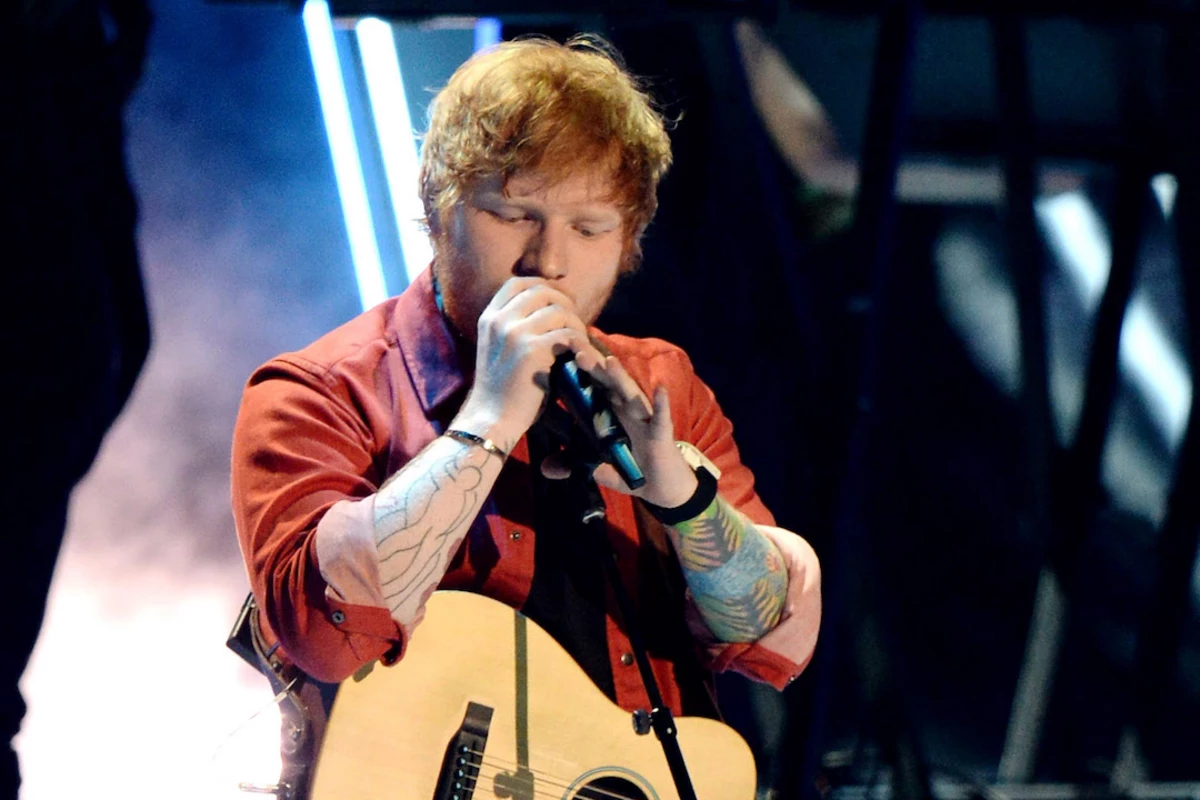 Ed Sheeran And Rihanna A Confirmed Connection
May 06, 2025
Ed Sheeran And Rihanna A Confirmed Connection
May 06, 2025
